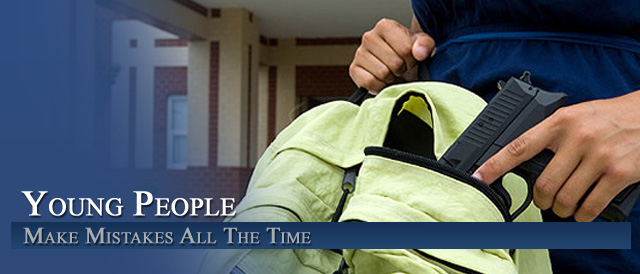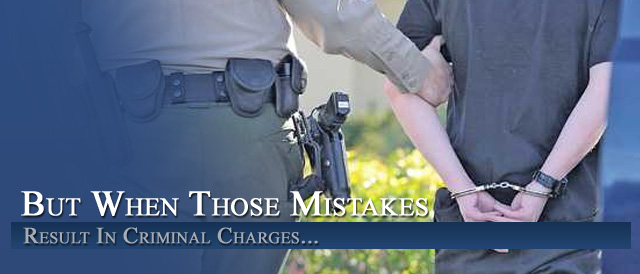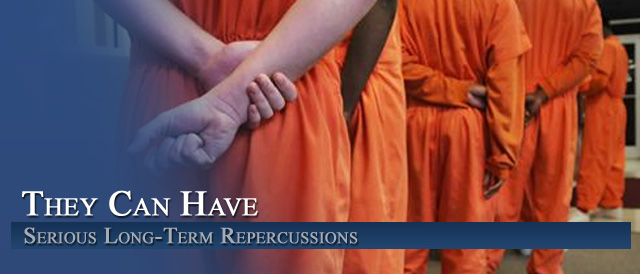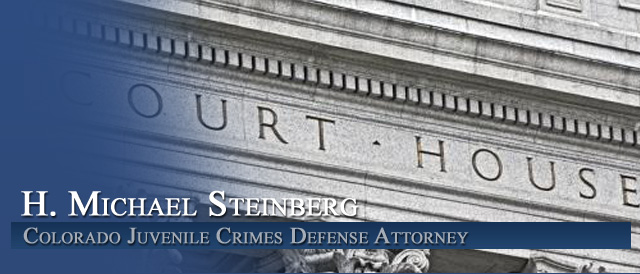Please feel free to contact me 24-7-365 to discuss your case...
Seasoned and Experienced Attorney for Criminal Charges in Denver, the Front Range and All of Colorado
Business Hours: 303-627-7777 Pager: 303.543-4433 or Cell in emergencies at 720-220-2277

Sentencing – Probation – Supervised Work Program 19-2-913
As a former Senior – Career Arapahoe – Douglas County District Attorney -in his13 years (1984 – 1997) years as a prosecutor – H. Michael was assigned to the prosecution of hundreds of juvenile prosecutions. As a Colorado Criminal Defense Lawyer for the last 16 years (1997 – 2013) – he has successfully handled hundreds more juvenile cases.
Juvenile criminal defense lawyers must be specialized in this area and must have specialized training and experience to be effective on behalf of their clients… essentially just children. Because Juvenile Court is different than adult court – an experienced lawyer in adult may be incompetent to practice in juvenile court.
Where your child’s freedom and future is at stake…go with experience every time.
Here is the statute referenced in the Article That Linked you to this page:
19-2-913. Sentencing – probation – supervised work program
(1) Except as otherwise provided in section 19-2-601 for an aggravated juvenile offender:
(a) The court may place the juvenile on probation or under protective supervision in the legal custody of one or both parents or the guardian under such conditions as the court may impose;
(b) The court may place the juvenile on probation and place the juvenile in the juvenile intensive supervision program created pursuant to section 19-2-306;
(c) The court may require as a condition of probation that the juvenile report for assignment to a supervised work program, place such juvenile in a child care facility that shall provide a supervised work program, or require that the custodial parent or guardian of the juvenile assist the juvenile in participating in a supervised work program, if:
(I) The juvenile is not deprived of the schooling that is appropriate to his or her age, needs, and specific rehabilitative goals;
(II) The supervised work program is of a constructive nature designed to promote rehabilitation, is appropriate to the age level and physical ability of the juvenile, and is combined with counseling from a juvenile probation officer or other guidance personnel;
(III) The supervised work program assignment is made for a period of time consistent with the juvenile’s best interest, but not exceeding one hundred eighty days.
Other Articles of Interest:
- Sentencing – Community Accountability Program 19-2-914
- The Colorado Juvenile Criminal Sentencing Hearing – Part I of III
- Probation – Terms – Release – Revocation 19-2-925
- Sentencing – Animal Cruelty – Anger Management Treatment 19-2-918.5
- Release With Services C.R.S. 19-2-302
















